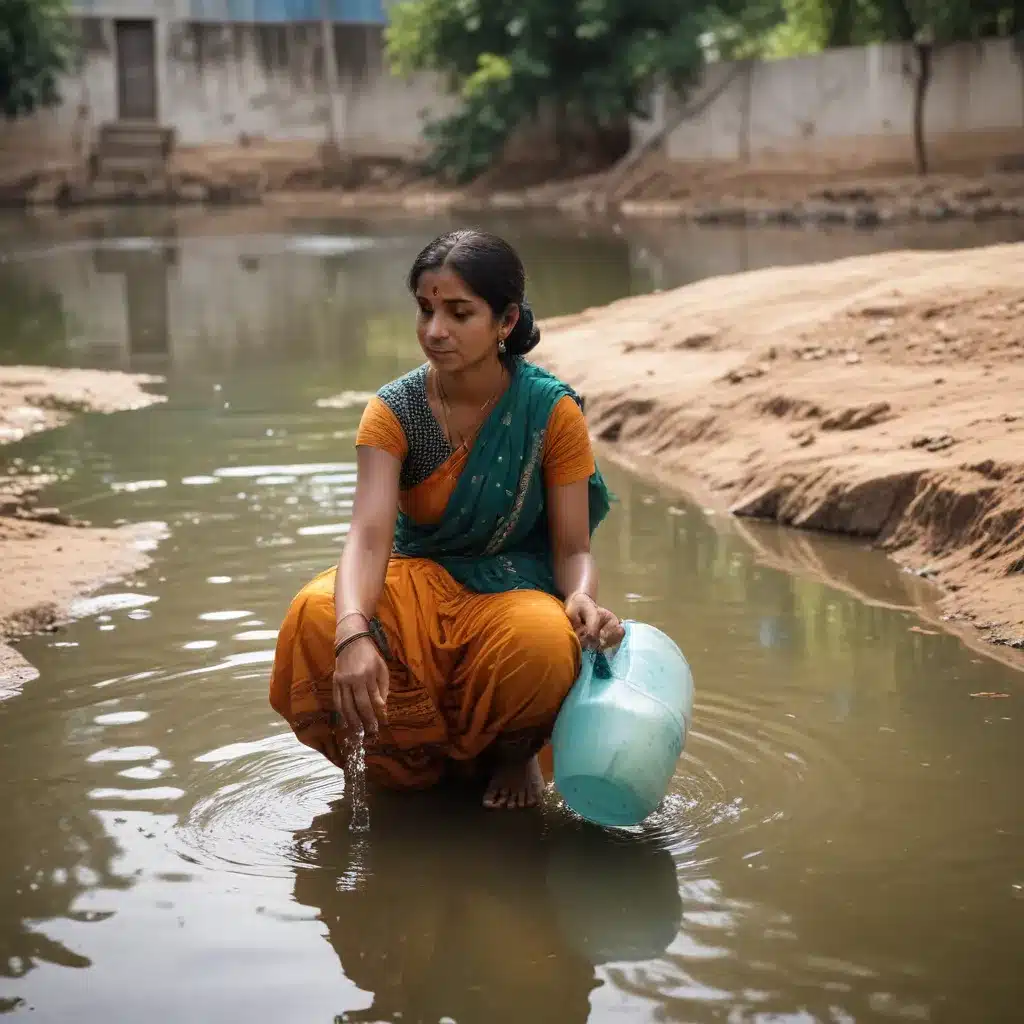
Fostering Gender-Responsive Solutions for Sustainable Water Access
Water is essential for life, yet access remains a daily struggle for many communities, especially those marginalized by gender, caste, class, and other intersecting identities. In the rapidly growing city of Hyderabad, the impacts of climate change, urbanization, and systemic inequities have created a water crisis that disproportionately harms women and girls. To address this challenge, Joint Action for Water (JAW) is spearheading a holistic, community-driven approach that puts gender equality at the heart of sustainable water solutions.
Understanding the Gendered Impacts of Hyderabad’s Water Crisis
Hyderabad, a bustling metropolis in southern India, is no stranger to water scarcity. As the city’s population has surged, the demand for clean, accessible water has outpaced supply, leading to severe shortages and unequal distribution. These water woes are exacerbated by the effects of climate change, which are fueling more extreme weather patterns, droughts, and contamination of water sources.
The impacts of this water crisis are profoundly gendered. Women and girls bear the brunt of the burden, spending hours each day fetching water from distant, unsafe sources. This arduous task not only limits their opportunities for education, employment, and leisure but also exposes them to increased risks of violence, harassment, and poor health. Menstrual hygiene management becomes a daily struggle without reliable access to water and sanitation facilities.
“My daughter misses school every month when she has her period. There are no clean toilets or water at the school, so she has to stay home,” shared Lakshmi, a resident of the Banjara Hills slum in Hyderabad.
Furthermore, the lack of water security undermines women’s ability to participate in community decision-making around resource management. Their needs and perspectives are often overlooked, perpetuating a cycle of marginalization.
Integrating Gender Equity into Water Solutions
To address the gendered dimensions of Hyderabad’s water crisis, JAW has adopted a transformative approach that puts women and girls at the center of its initiatives. By collaborating with local communities, grassroots organizations, and policymakers, JAW is driving innovative, gender-responsive solutions that enhance water access, quality, and sustainability.
Community Engagement and Capacity Building
JAW has established a network of women’s water committees in Hyderabad’s low-income neighborhoods. These committees, composed of diverse community members, identify local water challenges, develop context-specific solutions, and advocate for equitable water policies. Through training workshops and leadership development programs, JAW empowers women to become agents of change, amplifying their voices and ensuring their priorities shape water management decisions.
“Before, the men in our community made all the decisions about water. Now, our women’s committee meets regularly to discuss the issues and come up with ideas to improve the situation,” said Fatima, a member of the Charminar water committee.
Gender-Responsive Infrastructure and Services
Recognizing the distinct needs of women and girls, JAW has worked with municipal authorities to design and install water infrastructure that prioritizes their safety, privacy, and menstrual hygiene requirements. This includes the construction of public water kiosks with adjacent sanitation facilities, as well as the integration of gender-sensitive features, such as adequate lighting, separate stalls, and disposal mechanisms for menstrual products.
Additionally, JAW has facilitated the establishment of community-managed water centers that provide affordable, high-quality drinking water. These centers, staffed by trained local women, not only improve water access but also generate sustainable livelihoods for marginalized communities.
Policy Advocacy and Collaboration
To drive systemic change, JAW engages with policymakers at the local and state levels, advocating for the integration of gender equity principles into water governance frameworks. By collaborating with government agencies, civil society organizations, and research institutions, JAW ensures that the unique needs and experiences of women and girls inform the development of water policies and programs.
“We’ve seen a shift in the way water issues are addressed in Hyderabad. Policymakers are now more attuned to the gendered impacts and are working with us to create solutions that truly benefit the entire community,” remarked Asha, the coordinator of JAW’s policy advocacy initiatives.
Fostering an Intersectional Approach to Water Security
While significant progress has been made, JAW recognizes that addressing the water crisis in Hyderabad requires an intersectional approach that considers the diverse experiences and vulnerabilities of marginalized communities. By partnering with organizations focused on issues such as caste discrimination, disability rights, and environmental justice, JAW is ensuring that its water solutions are inclusive and responsive to the needs of the most marginalized groups.
“Water is not just a technical issue – it’s deeply tied to social inequities. That’s why we work closely with groups advocating for the rights of Dalits, Adivasis, and other marginalized communities. Only by addressing these intersections can we truly achieve water security for all,” emphasized Seema, the director of JAW’s community engagement program.
Unlocking the Potential of Gender-Responsive Water Solutions
The work of JAW in Hyderabad demonstrates the transformative potential of integrating gender equity into water management. By empowering women and girls, designing inclusive infrastructure, and driving policy change, these initiatives are not only improving water access but also fostering broader social and economic empowerment.
As Hyderabad continues to grapple with the mounting challenges of water scarcity, JAW’s gender-responsive approach offers a blueprint for other cities facing similar crises. By centering the voices and experiences of marginalized communities, this holistic model can unlock sustainable, equitable, and climate-resilient water solutions that leave no one behind.
“When women are empowered to lead on water issues, we see remarkable results. Their solutions are innovative, community-driven, and attuned to the unique needs of families and neighborhoods,” concluded Aisha, the co-founder of JAW.
Through its unwavering commitment to gender equity and social justice, JAW is transforming the water landscape in Hyderabad, one community at a time. By addressing the intersections of water, gender, and social equity, this pioneering organization is paving the way for a more just, resilient, and sustainable future.

